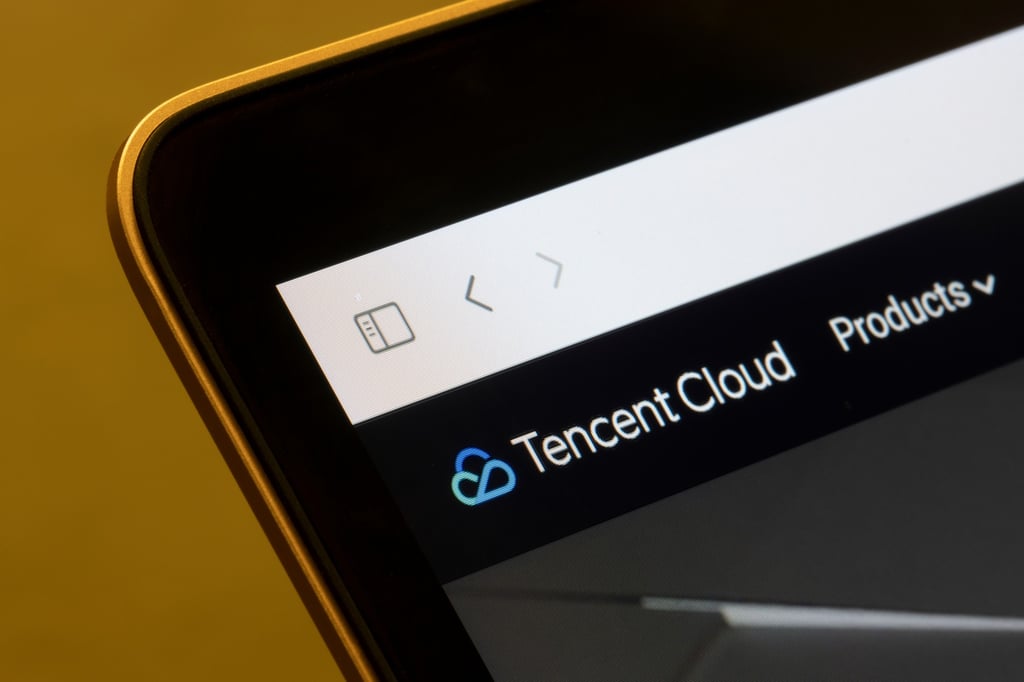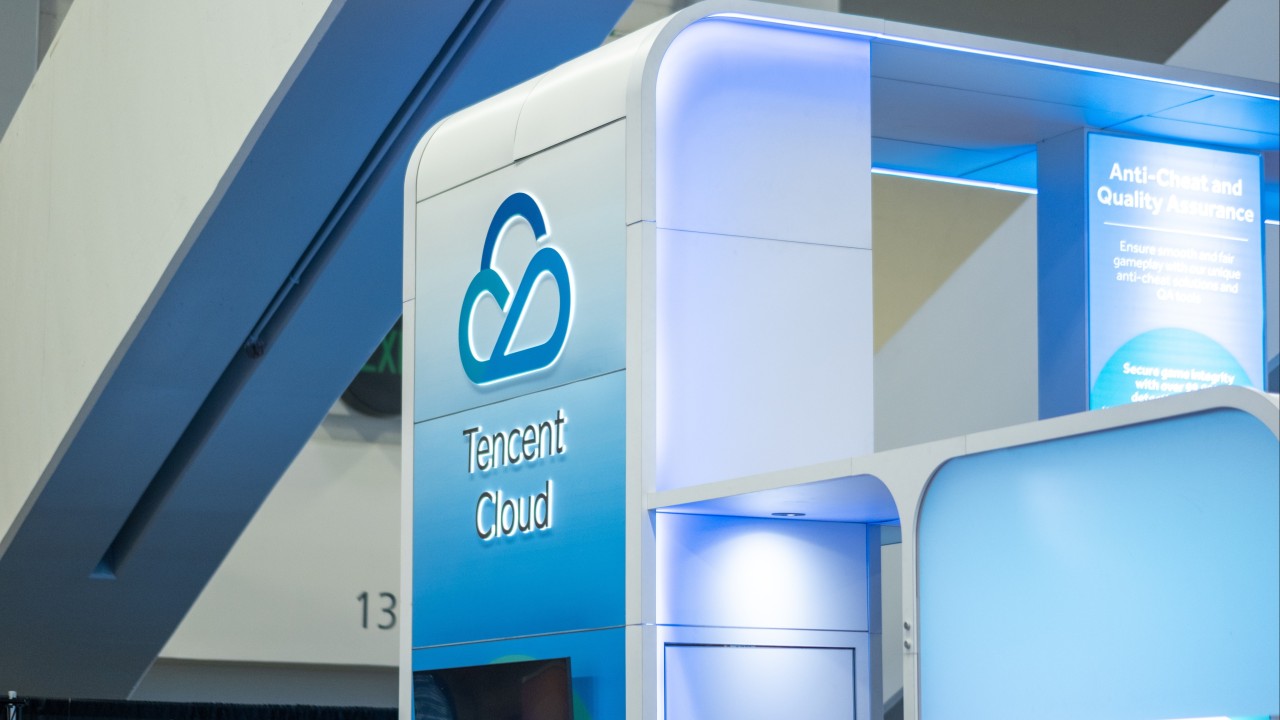In a rare instance of China-US cooperation on a sensitive frontier technology, Tencent Holdings’ cloud unit has struck a partnership with San Francisco start-up Cartesia to develop next-generation voice artificial intelligence applications.
Advertisement
Tencent Cloud said in a statement on Tuesday that it had formed a “strategic partnership” with Cartesia, which last month raised US$100 million for its text-to-speech model, Sonic 3.
Tencent’s “enterprise-grade global real-time communication infrastructure” would be paired with Cartesia’s latest model to enable machines to speak in more than 40 languages with naturalistic human qualities, according to the company.
The collaboration aimed to support seamless AI voice applications “in diverse and challenging regions like Southeast Asia and Africa”, the company said.
The tie-up comes as mistrust between Chinese and US AI firms continues to deepen. OpenAI and Anthropic, for example, have restricted model access for developers in China, citing security and compliance concerns.

Founded in September 2023 by Stanford AI Lab alumni Karan Goel and Albert Gu, Cartesia stands out for building Sonic 3 on a new architecture known as State Space Models rather than Google’s Transformer framework used by most AI voice systems.
Advertisement

